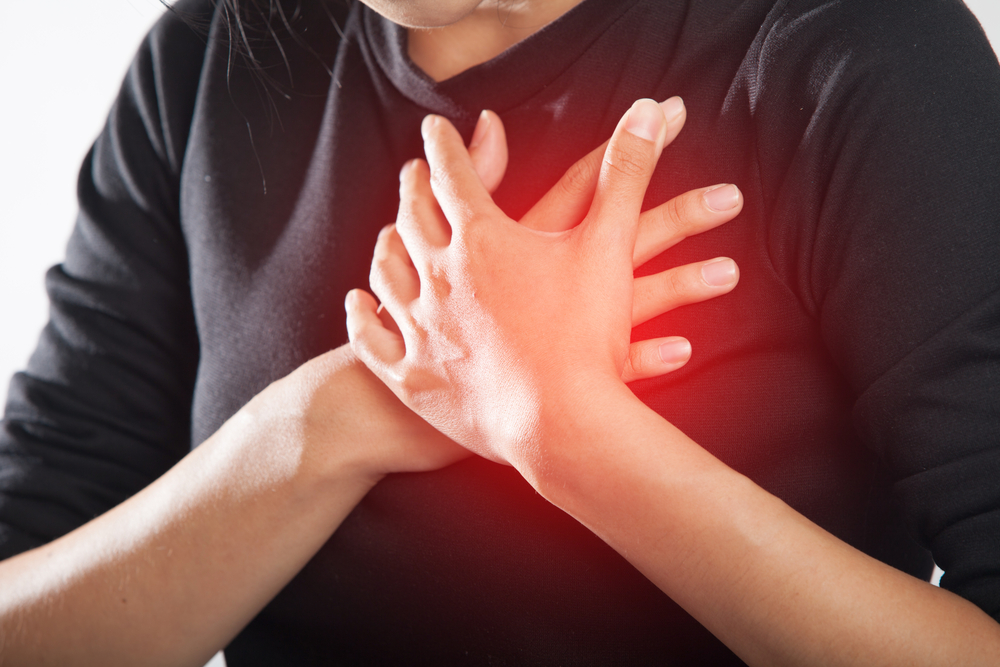DIAGNOSIS
If you have sudden cardiac arrest and if you are able to survive, your doctor will need to explore what has caused the cardiac arrest. Recognizing the fundamental issue may help avert future cardiac arrests.
Tests may be ordered such as the following:
- Electrocardiogram
- Blood tests such as electrolyte panel, hormones and others
- Imaging tests such as chest X-ray, echocardiogram and nuclear scan
- Other tests such as electrical system (electrophysiological) testing and mapping, coronary catheterization (angiogram), and ejection fraction testing.
TREATMENT
Sudden cardiac requires quick medical care for survival.
Immediate cardiopulmonary resuscitation is done to treat sudden cardiac arrest.
Defibrillation is a type of advanced medical care for ventricular fibrillation, a cardiac arrhythmia that causes sudden cardiac arrest. This is done by delivering electric shock to the heart through the chest.
Long-term treatment may be needed if you recover. These treatments may include the following:
- Drugs such as beta blockers, angiotensin-converting enzyme (ACE) inhibitors, calcium channel blockers or a drug called amiodarone
- Implantable cardioverter-defibrillator (ICD)
- Coronary angioplasty
- Coronary bypass surgery
- Radiofrequency catheter ablation
- Corrective heart surgery


